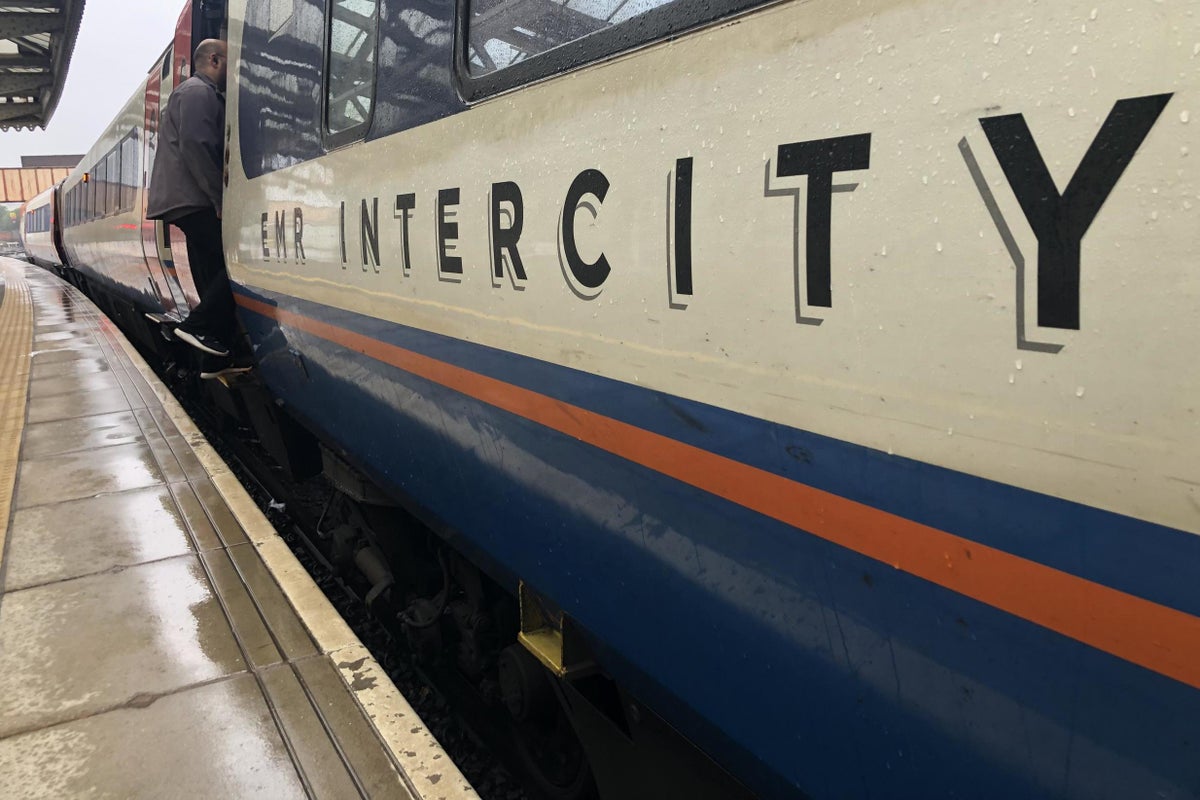
“A straight fight between Crewe and Derby” – 13 months ago, that was how I saw the contest to become home to Great British Railways. The transport secretary, Mark Harper, announced that the body charged with reviving the fortunes of a failing railway will be moving to Derby. In total, 42 locations bid for the role as GBR HQ. But in the end, the East Midlands city triumphed over its rival on the West Coast main line.
The people of Crewe have every right to feel cheated. On the two key government criteria for the home of GBR – “alignment to levelling up objectives” and “connected and easy to get to” – the Cheshire town looks well ahead of Derby.
My friend Sean Moulton, who hails from Crewe, said within an hour of the decision: “In the course of a week, Crewe has seen HS2 delayed by two years and now has not been chosen as the home of GBR.”
Dr Kieran Mullan, the Conservative MP who won the seat of Crewe and Nantwich from Labour in 2019, may be becoming pessimistic about his prospects for holding the seat at the next election.
Crewe strikes me as the more deserving location. But perhaps the silver lining is that being located in Derby will remind the executives of GBR each day of how much work is required to restore the railways.
Unlike Crewe, which has fast and frequent electric trains to London, Birmingham, Liverpool, Manchester and southern Scotland, Derby is all diesel. The city was due to be hooked up to the electric network. But in one of those “money-saving” moves that will turn out in the long term to prove very expensive, electrification was abandoned by the last-but-three transport secretary, Chris Grayling.
In 2021, the last-but-two prime minister, Boris Johnson, vowed that the East Midlands main line between London and Sheffield, passing through Derby, would be fully electrified. This was a sop to the region after the eastern leg of HS2 from Birmingham to Leeds was axed. Make your own assessment of the value of a promise from Mr Johnson.
The main line passing through Derby at least has diesel express trains run by East Midlands Railway from London in 86 minutes. But the other intercity links from Derby are ponderously slow.
Pity the poor passenger on the CrossCountry train from Nottingham to Cardiff: it first trundles to Derby, just 16 miles away, where it pauses to rest (and for the driver to change ends) for seven minutes before setting off for south Wales. While the AA calculates the driving time as under three hours, the train takes almost 30 minutes longer.
The first station north of Derby, Belper, has an even more parlous service. Unlike towns of similar size on the East Coast and West Coast main lines – Morpeth and Macclesfield spring to mind – Belper does not have reasonably frequent electric trains heading north and south.
Instead only one train a day each way on the London-Sheffield run stops there. The rest of the time, anyone who wishes to travel between Belper and Sheffield must take a train eight miles in the wrong direction, to Derby, before boarding an express that speeds past the station the hapless passenger recently left.
I hope Andrew Haines, chief executive of Great British Railways, will see these examples as low-hanging fruit, with benefits from smarter scheduling – a key goal of the new organisation. But such problems are replicated in many other parts of England, Wales and Scotland. The GBR team has an unenviable future.







